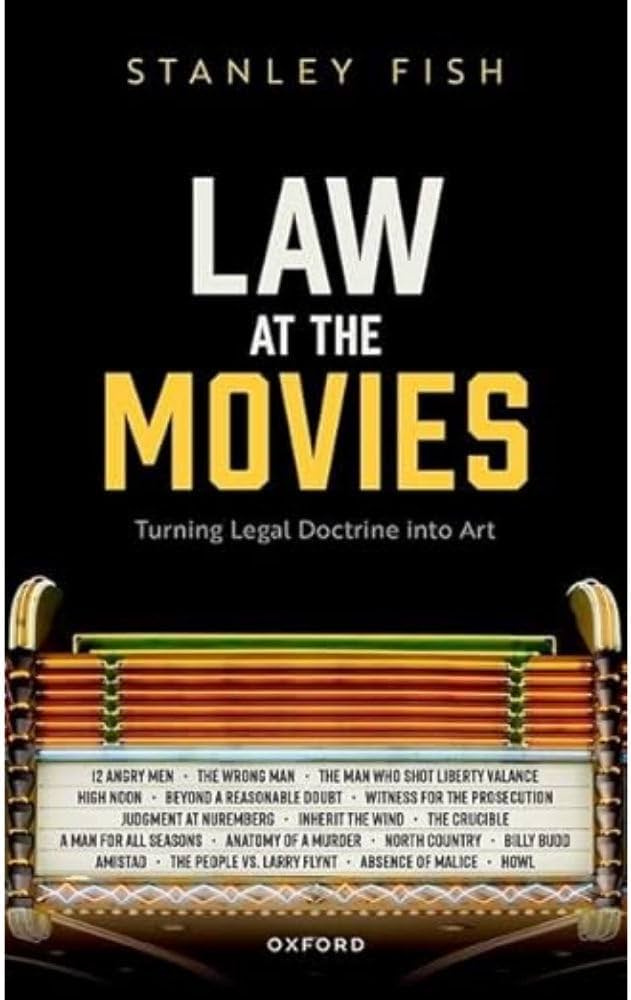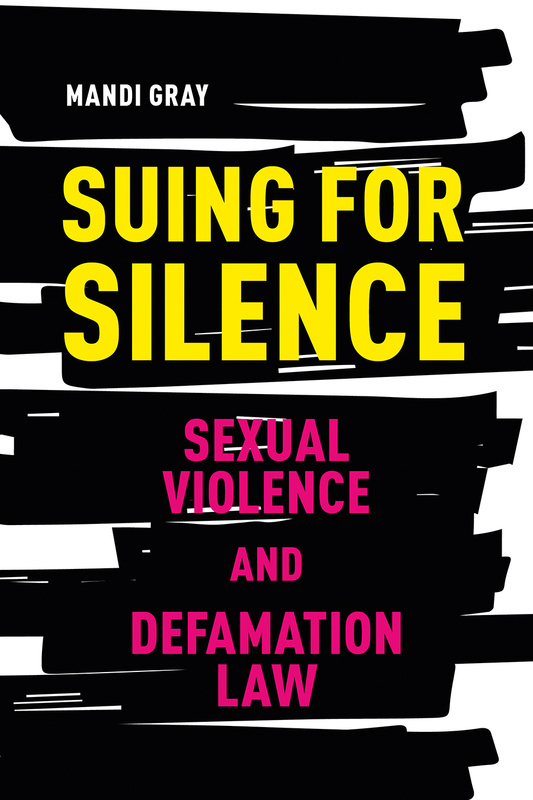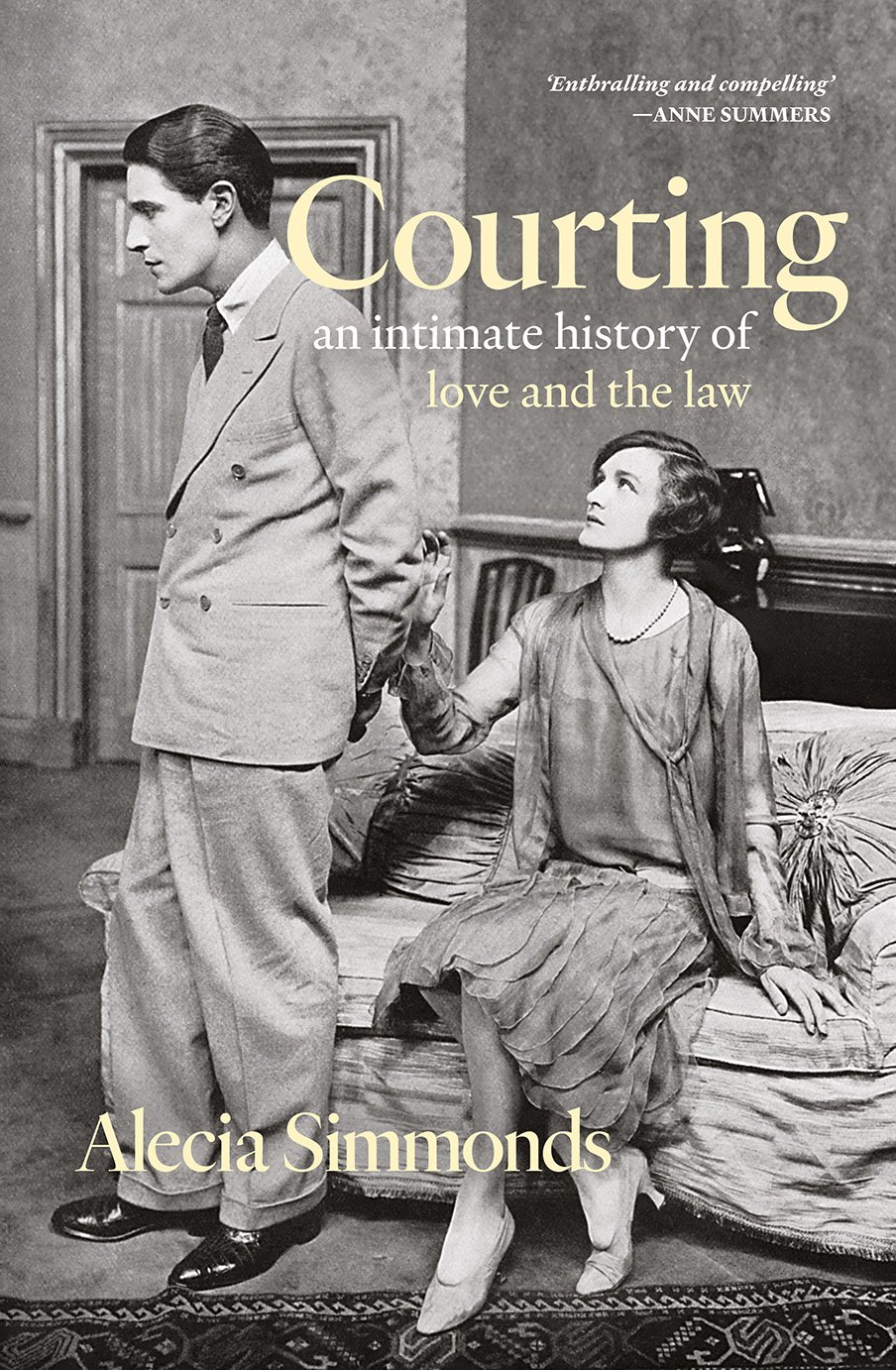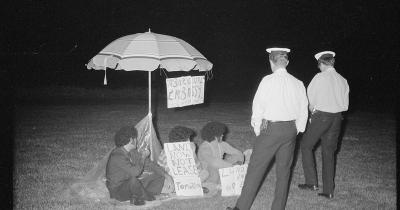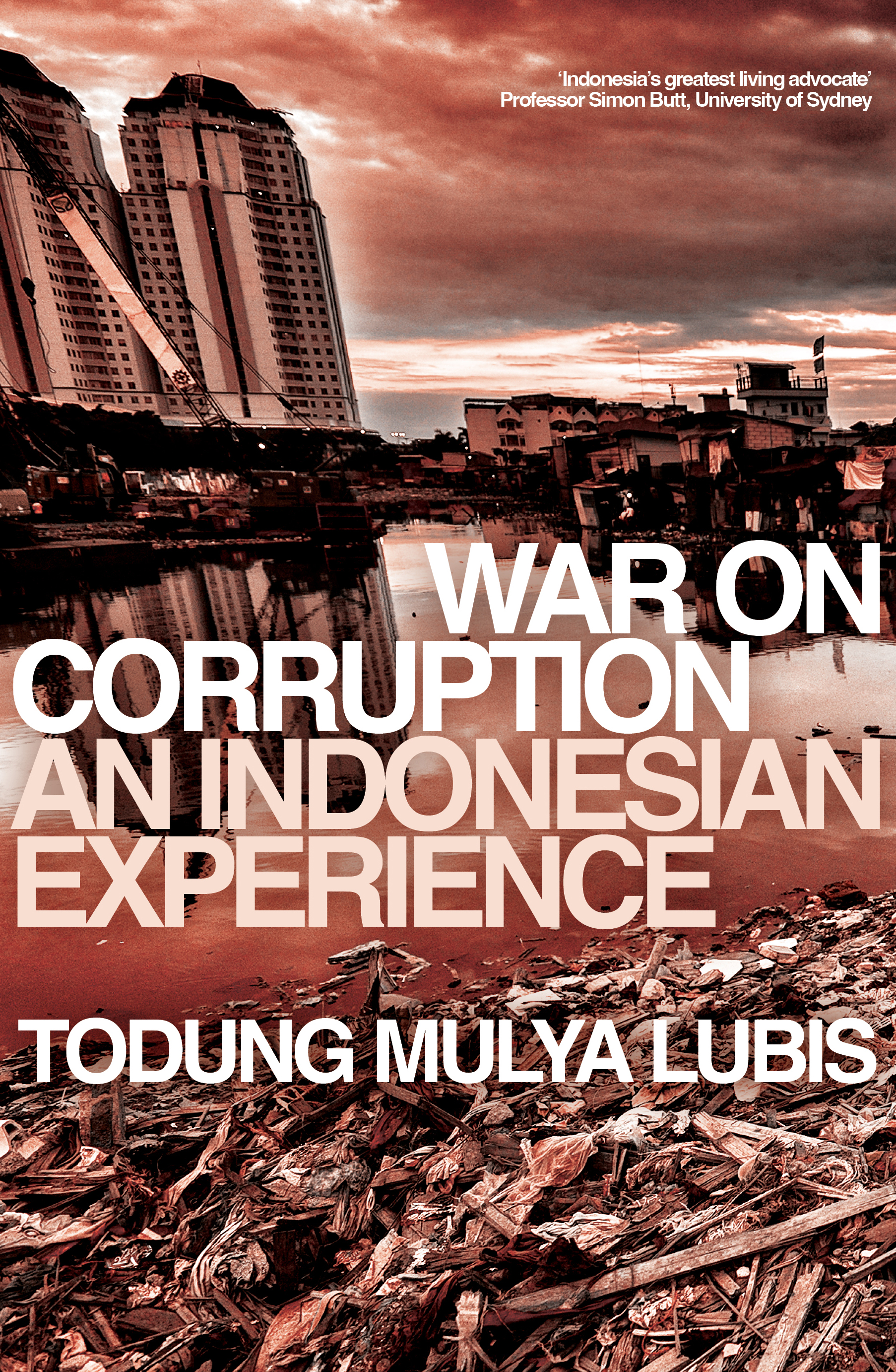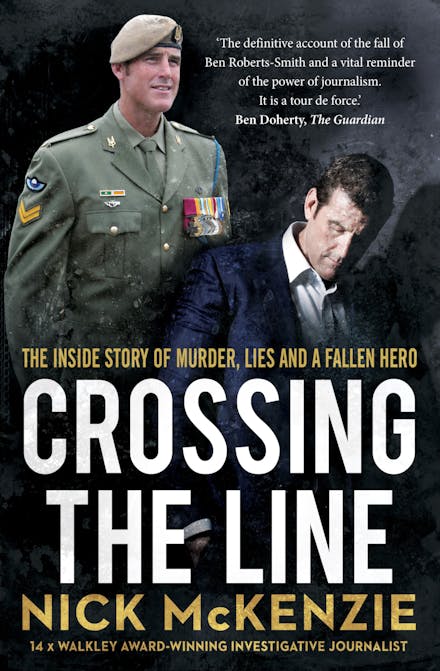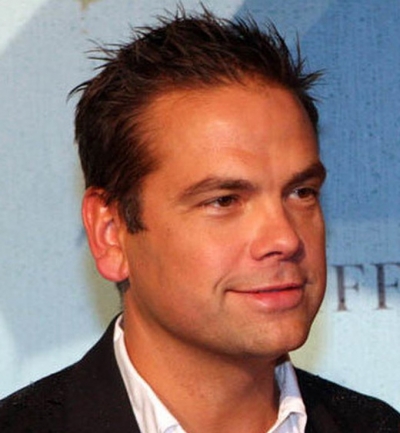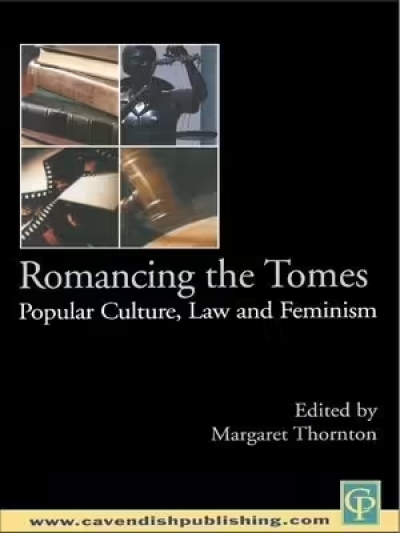Law
Would it all have turned out differently had InterActiveCorp stared down the online mob? In December 2013, a public relations executive with the company, Justine Sacco, posted a joke on social media, satirising American insularity and racism. Sacco was about to board a flight to South Africa, from where her anti-apartheid family had emigrated, when she tweeted: ‘Going to Africa. Hope I don’t get Aids. Just kidding, I’m white.’ While Sacco was in the air and offline, her tweet went viral. A social media mob condemned her as a racist, established that she worked at InterActiveCorp, and pressured the company to sack her. ‘We are about to watch this @JustineSacco bitch get fired. In REAL time,’ posted one of her critics. The company duly sacked her.
... (read more)Law at the Movies: Turning legal doctrine into art by Stanley Fish
Author and literary theorist Stanley Fish is, among other things, a professor of law specialising in constitutional law, media law, the First Amendment, and jurisprudence. It should come as no surprise, therefore, that over the course of his book Law at the Movies he shows a forensic knowledge of the judicial system in the United States. This is no casual checklist of films that feature lawyers as characters, but a dissection of how particular statutes and legal procedures are represented on screen. He conveys how, in the hands of gifted filmmakers, ‘dry as dust soil of legal doctrine flowers into something truly substantive and dramatically compelling’.
... (read more)Suing for Silence: Sexual violence and defamation law by Mandi Gray
I began Mandi Gray’s book while waiting for the judgment to be handed down in Bruce Lehrmann’s defamation case against Network Ten and journalist Lisa Wilkinson. I had tuned into the live-streamed trial months earlier, along with 124,444 others, to hear Brittany Higgins being interrogated about her recollections of that fateful night in Parliament House. Gray’s argument – that some men were using defamation law to inflict further abuse and punishment on their victims, to cow them into silence, to chill public discussion of sexual violence – seemed apt indeed.
... (read more)Courting: An intimate history of love and the law by Alecia Simmonds
In 2023, a broken engagement might be followed by tears, the division of possessions, and a reliance on family and friends. It might even involve a few trips to the therapist. But up until the mid-to-late twentieth century, Australian men and women’s heartbreaks could also see them take a trip to court to charge their partner with breach of promise of marriage.
... (read more)The defeat of the proposal in the recent Aboriginal constitutional referendum was unsurprising given the forces at work, which I discussed in ‘A Referendum in Trouble’ (ABR, July 2023). Most importantly, it lacked the support of the Liberal and National parties once their leaders decided to oppose it, largely for partisan purposes.
... (read more)War on Corruption: An Indonesian experience by Todung Mulya Lubis
If the Australian government had banned books about Indonesia, it could hardly have been more successful in removing them from bookshops and library shelves than is presently the case. Even when such books appear in catalogues, retailers seem convinced that the public is not interested.
... (read more)When Justice Anthony Besanko released his judgment on the Ben Roberts-Smith versus Fairfax defamation case on 1 June, there was a lot more riding on his decision than the reputation of the principal parties and who would be landed with the eye-watering legal bills. Had the verdict gone against Fairfax, its reporters, Nick McKenzie, Chris Masters, and, to a lesser extent, Dan Oakes, would have struggled to return to or resurrect their careers. Defeat would have had a chilling effect on genuinely probing investigative reporting. In the face of such a decision, media organisations and editors around the country would have thought long and hard about letting their journalists pursue well-connected and well-resourced public figures, let alone defend their findings in court. But there was more at stake than that. The ‘defamation trial of the century’ was also widely, if inaccurately, regarded as a war crimes trial by proxy. While Roberts-Smith was not on trial for any of the crimes McKenzie and Masters alleged that he had committed or facilitated, had Justice Besanko found that the reporters had defamed him it would have made the pursuit of war crimes charges against Roberts-Smith more unlikely, or more difficult. The sense of relief at Besanko’s judgment was near universal. It not only emboldened the nation’s investigative reporters and their editors but also opened the way for the full and free pursuit of those members of Australia’s Special Forces credibly identified by the Brereton Report (2020) as having committed war crimes in Afghanistan.
... (read more)Justice Anthony Besanko’s dismissal of Ben Roberts-Smith’s defamation proceedings against a trio of mastheads – The Age, The Canberra Times, and The Sydney Morning Herald, at the time all owned by Fairfax – was a comprehensive victory for those newspapers. It was a vindication of their serious investigative journalism on matters of high public interest. And it was a devastating blow to the reputation of Roberts-Smith.
... (read more)Lachlan Murdoch’s defamation proceedings against Crikey promised to be a test case on the new public interest defence. Following Murdoch’s discontinuation of his claim in April, the scope and application of the public interest defence to defamation await another appropriate vehicle.
... (read more)Romancing the Tomes: Popular culture, law and feminism edited by Margaret Thornton
What exactly is popular culture? Does Big Brother really pose an inherent challenge to law? And what connection does the regulation of cyberpornography have with the film Pretty Woman? These are some of the questions I was left with after reading Romancing the Tomes, a cross-disciplinary collection of conference papers exploring the ‘uneasy relationship’ between law and popular culture from a feminist perspective.
... (read more)


